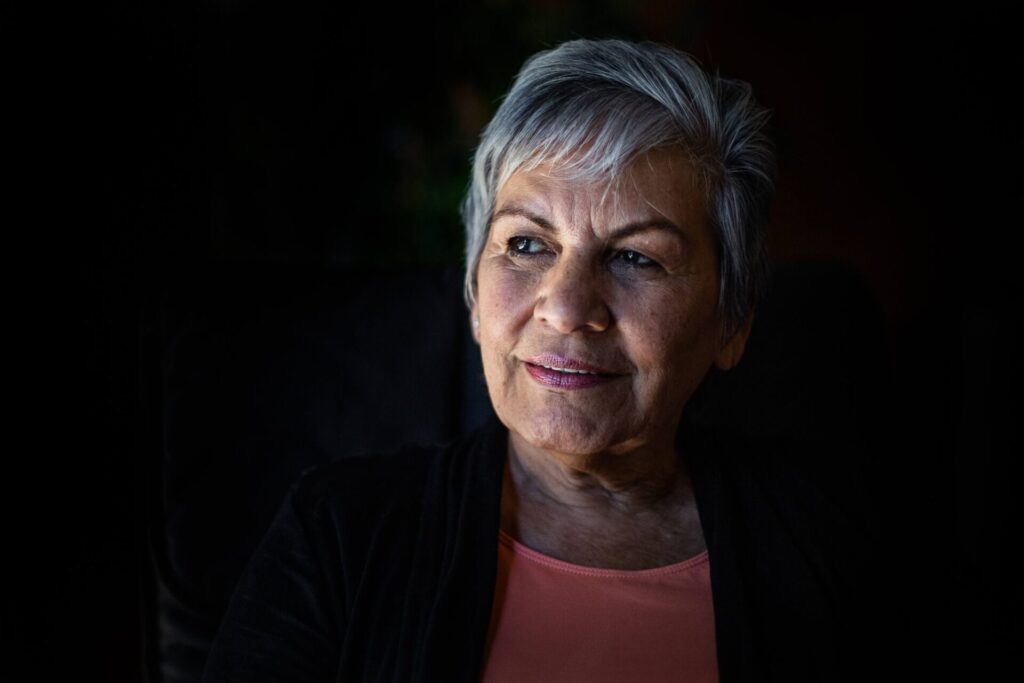
As we age, the effect on our mental health can be widespread. From an increased risk of loneliness to dealing with age-related physical issues, a person’s mind can work overtime to try and compensate. And with it comes a risk of addictive disorders, depression, and other long-term mental health issues.
This is a reality every person will have to face one day. And while the issue can have varying causes, the result can be the same: damage to mental health, which has a detriment on physical health. Indeed, it’s a tragedy in our society that few people acknowledge.
The work done within these courses has a beneficial effect for anyone struggling with their thoughts and feelings as they age.
Whether you yourself are an older person, or you’re someone doing research for a loved one, there’s a program out there that can help. If you’d like to know more, you can read on below to find out what the Alvarado Parkway Institute is doing to combat the mental health issues that our older generation often have to face alone.
The Connection Between Aging and Mental Health
Our mental health can fluctuate throughout our lifetimes. Periods of stress come and go, periods of happiness can bounce around, and from time to time, people find they’re living with a mental health disorder that complicates their ability to understand themselves even further.
And when you’re a young adult or middle-aged, these issues can be more manageable. But as we age, they can become incredibly isolating and hard to discuss. Not only that, but the feeling of knowing you’re getting older can make it something you want to ignore outright.
Similarly as we get older, changes will happen in our lives that hit us harder than ever. From losing loved ones, to dealing with an empty nest, as well as having to retire (or not being able to, in some cases), issues like anxiety and depression become far more common.
Alongside some physical changes in lifestyle, including developing disabilities, a person can find their life vastly different compared to their youth. This ‘new’ reality is a lot to deal with, and many seniors are forced to go through it alone.
This would be hard at any age, but it’s something older adults seem to have to accept. That’s where a mental health program comes in.
Comprehensive Aspects of a Mental Health Program for Seniors
A mental health program isn’t a one time thing. It often needs to span through many treatments, and combines various methodologies. Most often this means therapy, and the varying kinds, but it can also be a case for medical intervention as well.
However, we wouldn’t know where to start without using a comprehensive approach. Without these aspects, all our treatment plans would look the same and simply wouldn’t suit anyone.
Within a comprehensive plan, it all starts with an assessment. Indeed, the Center on Aging Geriatric Assessment Center is the best foundation for determining the right plan of care. Here at API, we find that this approach within any and all geriatric assessment applications is the number one way to address both the symptoms and the causes of mental health issues.
What’s involved? Well, a geriatric assessment is different from other behavioral health assessments, as it focuses on understanding the whole person. Seniors have lived long, full lives, and we would be remiss to ignore that.
But From a More Medical Viewpoint, Here’s How We Start:
The geriatric assessment evaluates the patient’s functional ability, physical health, cognitive abilities, and psychosocial needs. This takes into account their physical ability and how they like to live their life, as well as what effect this has on their day to day mental state. Through this, we can also see the opposite; our mental state often impacts the way we get into action on a daily basis, and we need to know what’s typical.
Because of the amount of work involved, this requires a team approach. As such, the assessment includes a psychiatrist, an occupational therapist, a psychologist, a pharmacist, a community health worker, the patient, and the patient’s loved ones. We want a person to know that we’re on their side and have the time they require.
Using a team like this is a holistic way to understand the whole person from all angles. What someone tells us about themselves may be different to how someone else sees them, whether they’re personally or professionally connected. It’s knowing these ins and outs that helps us put together a proper plan of support.
Getting Access to Mental Health Support
Mental health can be a tricky issue at any age. But when it comes to the senior age group, there are some very unique challenges to go through. The conversation is harder to start, and asking for help becomes tricky when you’re in a later stage of life and have already accomplished so much.
Indeed, the trouble may even lie within a lack of access to outside help. For example, if your children are all grown and live away from you, there’s a real sense of isolation there. It can even be daunting to tap into their lives and ask for help, seeing as they have their own responsibilities.
This is why it’s our mission to make senior mental health programs as accessible as possible. We have a wealth of information available at all times; all you have to do is get in contact.
Our programs are developed with seniors in mind, and a variety of people have found success within them. If you’d like to know more about what’s available, check out our website and get in touch.
